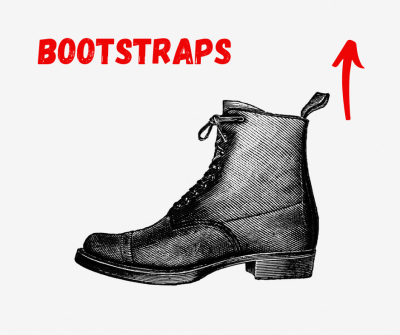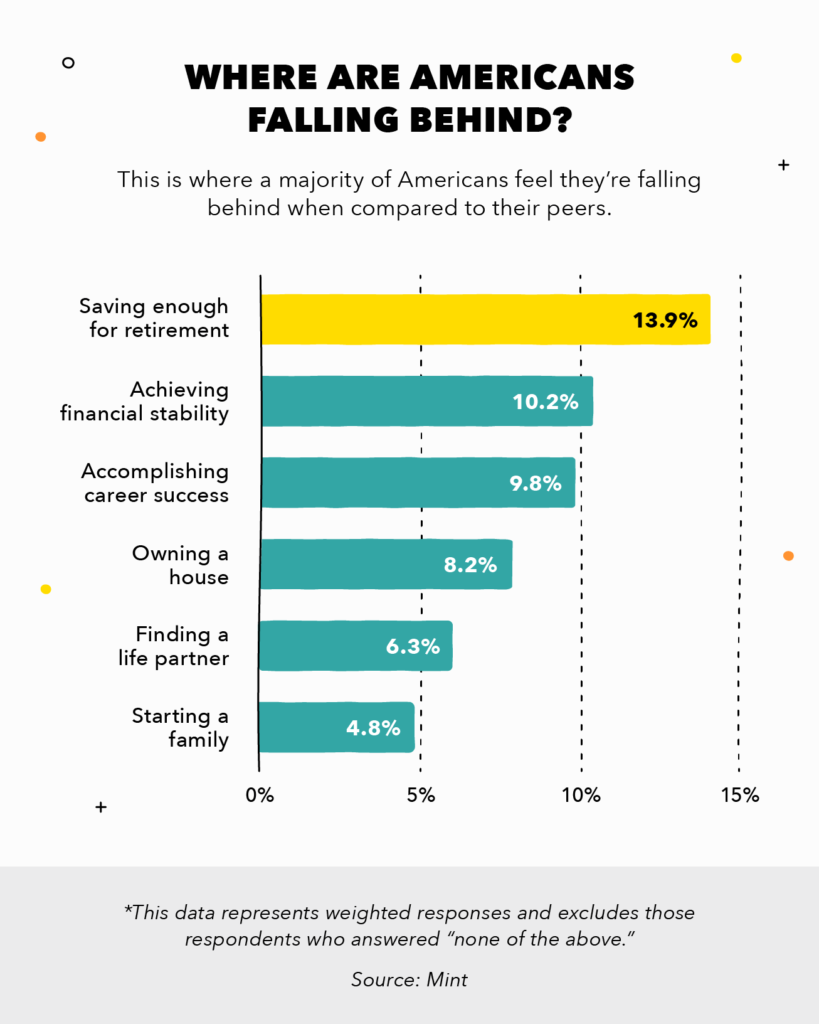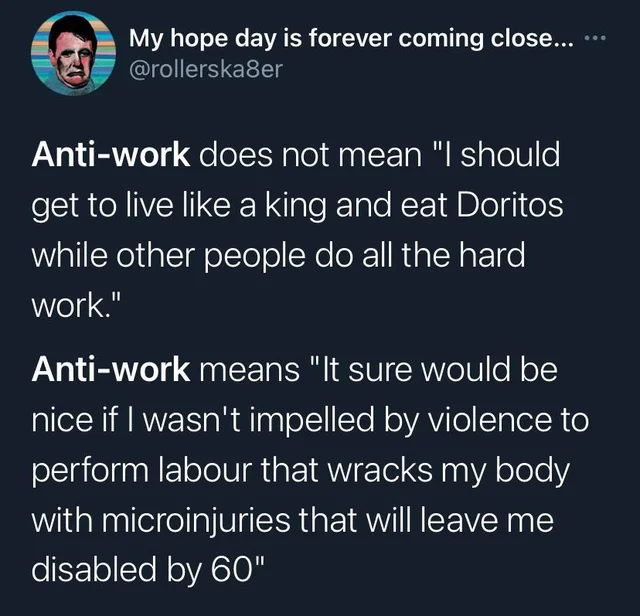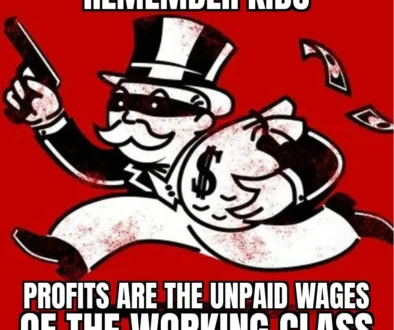Pulling Yourself Up By Your Bootstraps: The Great Lie

How many times have Americans heard the phrase “pull yourself up by your bootstraps?” Originally meant as sarcasm, the phrase has become a mantra for a bewilderingly large majority of the population. It’s synonymous with self-reliance and the American Dream.
Pull Yourself up by Your Bootstraps: Origins
It was originally meant as sarcasm. Plain and simple.1
To do so was thought to be an impossible task. How can I, using the tiny tags on my boots, lift my entire body?
I can’t. It’s impossible.
Until the 1920’s, the phrase was used sarcastically both literally, in texts discussing physics, and figuratively.
It’s impossible to achieve socioeconomic advancement without some sort of outside assistance.
When did the meaning change?
James Joyce, in his 1922 book Ulysses, uses the phrase “There were … others who had forced their way to the top from the lowest rung by the aid of their bootstraps.”2
Over the course of the next decades it came to represent, hope, freedom from servitude, and self-reliance in the land of opportunity.
Dispelling the Bootstraps Myth
When the shift in meaning first started happening, the US was in a deep economic crisis. People were jobless, homeless, and starving all across the country. Strengthening resolve with a phrase of self-determination against the impossible likely helped create what we have today.
However, the generation of people growing up during the Great Depression didn’t internalize this struggle.
They banded together.
Unions grew in strength and power. People clung to each other.
I’m searching for meaning a century later; when we’re facing similar circumstances. Even so, I don’t believe this phrase caused unions to become powerful.
With this in mind, I’m not going to lament the shift in meaning of the idiom.
However, I’m frustrated with the impact its wide-spread use has on people in the working class.
It internalizes anger, doubt, and frustration with their circumstances.
But, despite what Dave Ramsey and others like him say, nobody gets where they are without some sort of assistance.
Mental Health Ramifications

An April 2023 Bankrate survey on US adults found an alarmingly high 82% said “money negatively impacts their mental health3.”
Furthermore, an annual survey about stress from the American Psychological Association4 reveals:
- 66%, or two-thirds of Americans feel stressed by money
- 69% are stressed by the economy
- and 83% are stressed by inflation, alone.
I’m not advocating for us to stop using this particular idiom. I am, however, asking for some realism to be brought to the conversation.
In a survey of 1,500 Americans by Intuit/Mint, 40% of Americans feel they’re falling behind5.
Data Dispelling the Myth

Accordingly, less than half of Millennials and Gen Z will move more than one level on the socioeconomic index in their lifetimes. That’s down from 66% of Americans rising more than one level above the circumstances they were born into in the 1940s6.
The working class have been steadily been losing their upward mobility.
Moreover, there’s an alarming number of vocal, right-wing proponents of the current system. They’re requesting the moneyed class be allowed to continue exploiting their labor in hopes they, too, “make it” one day.
Because, who doesn’t want to claim to be a self-made man?
Advocating For Change
The top two reasons for filing for personal bankruptcy in the United States7 are:
- Job Loss
- Medical Problems
I’d love to be able to claim to have a solution for capitalism’s woes, but I don’t think any sort of huge system change will happen in my lifetime.
Therefore, I’d recommend we all advocate for: universal healthcare, housing rights, and universal basic income.

No, I’m Not Anti-Work: I’m For Realism About Bootstraps
There’s a common misconception among some centrists and the right in America8 that those who advocate against conventional wisdom are simply lazy. However, I don’t see it that way, nor would I advocate for less self-determination.
Learning resilience and dedication is integral for individuals. Furthermore, it helps build a strong, happy society.
But, do you know what else makes for a happy society? Workers who aren’t constantly afraid that one missed paycheck, one unexpected hospital visit, or one unexpected bill will destroy their lives. The fear of homelessness is about more than just shame9. It also exposes people to violence10.
Therefore, happy workers are more likely to build a happy society. Because, happy workers are productive workers11.
Citations
- American Dialect Society Listserv archive.org ↩︎
- Why The Phrase ‘Pull Yourself Up By Your Bootstraps’ Is Nonsense HuffPost.com ↩︎
- Most Americans are significantly stressed about money – here’s how it varies by demographic BankRate.com ↩︎
- Stress in America 2022: Concerned for the future, beset by inflation apa.org ↩︎
- Survey: 40% of Americans Feel Late to Financial and Life Milestones intuit.com ↩︎
- Americans’ occupational status reflects the status of both their parents pnas.org ↩︎
- The 3 Most Common Reasons Why People File Bankruptcy abi.org ↩︎
- The latest anti-capitalist fad is the ‘anti-work’ movement WashingtonExaminer.com ↩︎
- Homeless men: exploring the experience of shame UIowa.edu ↩︎
- Police Violence, Homelessness, and Black Lives EndHomelessness.org ↩︎
- Are happy workers more productive? iza.org ↩︎

This work is licensed under a Creative Commons Attribution-NonCommercial-ShareAlike 4.0 International License.
For Commercial use, please contact Mike York.



